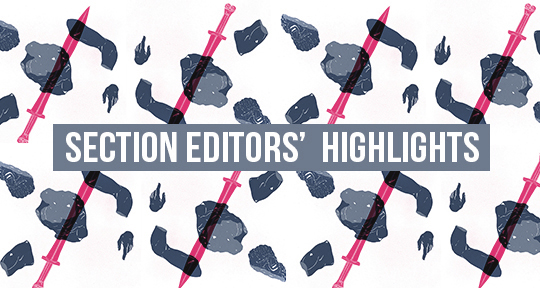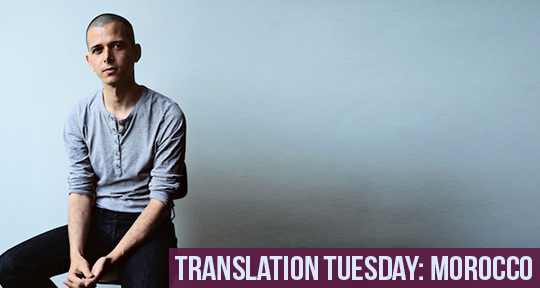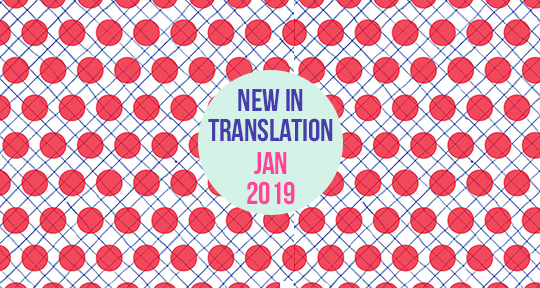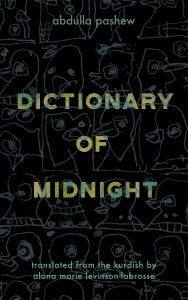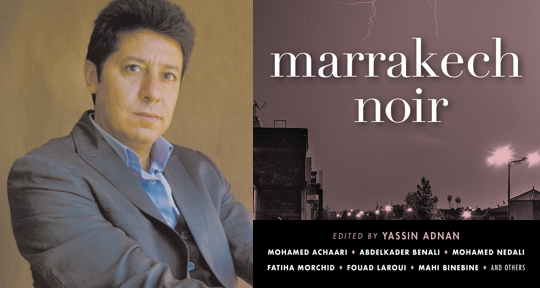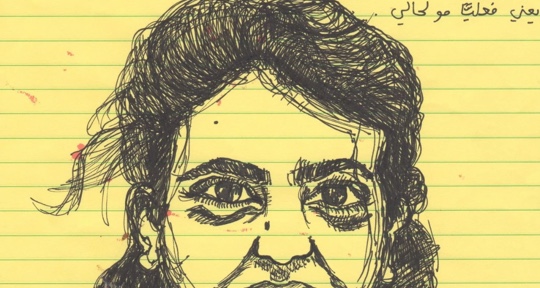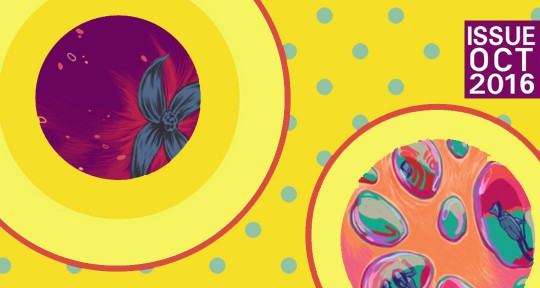Another issue of Asymptote means another dazzling array of voices, languages, and genres in translation. If you’re not sure where to begin, look no further than these recommendations from the editors who compiled this spectacular issue.
From Lee Yew Leong, Fiction and Poetry Editor:
This issue’s Fiction section is memorable for being the first fiction lineup in an Asymptote issue (and there are now 34 of them!) that does not include a single European author. Naguib Mahfouz and Bernardo Esquinca have already been singled out by the blog editors last week, so I’ll touch briefly on works by Bijan Najdi and Siham Benchekroun—two ambitious short stories that are remarkable in different ways. Showcasing the acclaimed narrative technique for which he was known, Najdi’s heartbreaking story “A Rainy Tuesday” (translated beautifully by Michelle Quay) unravels the thin seam between memory and reality, leading us on a nonlinear journey through grief. Benchekroun’s “Living Words,” on the other hand, is also a personal essay that exults in the very richness of language. Kudos to translator Hannah Embleton-Smith who masterfully tackled a text that leans so heavily on French phonetics to make synaptic leaps—and gave us something in English that preserves the delight of the original French. My personal favorites from the Poetry section this issue are the new translations of The Iliad by James Wilcox, which inject vigor into an ancient classic, and Tim Benjamin’s introduction of Leonardo Sanhueza, 2012 winner of the Pablo Neruda Prize for career achievement. Benjamin’s evocative translations bring into English for the first time an extraordinary poetic voice that deserves to reach a wider audience.
From Joshua Craze, Nonfiction Section Editor:
“Personal Jesus” by Fausto Alzati Fernández is a visceral study of the self that drugs make. Ably translated by Will Stockton, the prose slows down time, as we wait on the side of the highway, hoping for a fix, and then, finally, time stops, in the infinite space of the hit. Fernández explores an enchanted world, in which of all the dumb sad morass of the human animal is given the possibility of transcendence, and yet—cruelties of cruelties—it is this very transcendence that produces the animals living half-lives that stumble around his dealer’s living room. “Personal Jesus” is a love letter, written to a cleansing balm that leaves us only more pitiful than before.

